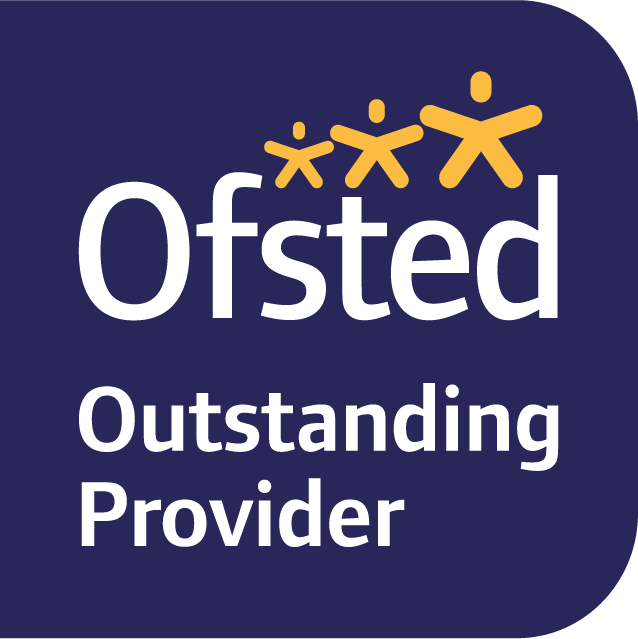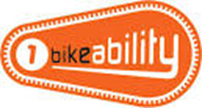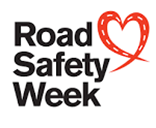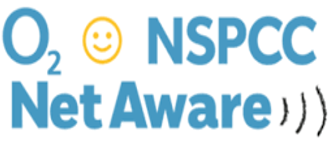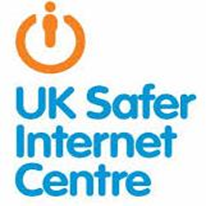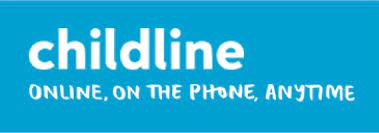Safeguarding
What is Safeguarding and Child Protection?
Safeguarding is the action that is taken to promote the welfare of children and protect them from harm.
Safeguarding Means:
- protecting children from abuse and maltreatment
- preventing harm to children’s health or development
- ensuring children grow up with the provision of safe and effective care
- taking action to enable all children and young people to have the best outcomes
This school is committed to safeguarding and promoting the welfare of children and expects all staff and volunteers to share this commitment.
This means that we have a Child Protection Policy and safeguarding procedures in place. All staff (including supply staff, volunteers and governors) must ensure that they are aware of these procedures. Parents and carers are welcome to read the policies related to safeguarding in our 'School Policies' area of the website.
Sometimes we may need to share information and work in partnership with other agencies when there are concerns about a child’s welfare. We will ensure that our concerns about our pupils are discussed with his/her parents/carers first unless we have reason to believe that such a move would be contrary to the child’s welfare.
Our Designated Safeguarding Lead (DSLs) is:
Mrs G. Morganti - Headteacher
Our Designated Safeguarding Deputies are:
Mrs A. Coyle - Assistant Headteacher
Mrs H. Robbins - Senior Teacher for Welfare and Inclusion
Mrs H. Hughes - SENDCO
Mrs M. O'Riordan - Senior Office Assistant
If you have a safeguarding concern about a child at our school, please click on the link below to share the information you have and this will be directly sent to our Designated Safeguarding Lead.
https://forms.office.com/e/ZVuuKpJdxJ
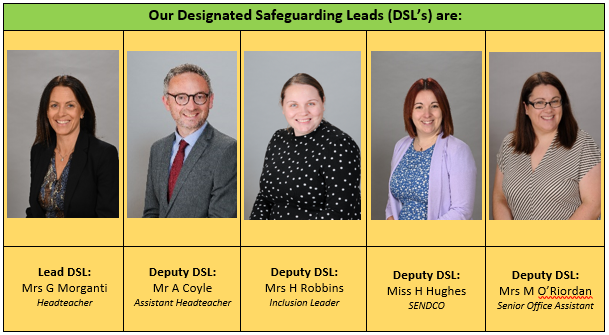
Our Governor responsible for Safeguarding is:
Mrs N. Pantlin – Safeguarding Governor
If your concerns relate to the actions or behaviour of a member of staff (which could suggest that s/he is unsuitable to work with children) then you should report this to one of the DSLs in confidence, who will refer the matter to the Headteacher (or the Chair of Governors if the concern relates to the Headteacher) – who will consider what action to take.
Chair of Governors: Mr Brian McKendry email: bmckendry@stdunstans.surrey.sch.uk
If you are concerned about a child’s welfare, please record your concern, and any observations or conversation heard, and report to one of the DSLs as soon as possible the same day. Do NOT conduct your own investigation. You are able to make your own referrals to Children’s Services – please click on the link below.
https://www.surreycc.gov.uk/children/contact-childrens-services
Further Guidance
Keeping safe – an integral part of our curriculum
Keeping children safe is always the highest priority at St. Dunstan’s. Through our curriculum we support the children’s safety and awareness of potential danger in addition to developing an open, trusting and child-focused ethos across the school.
Alongside our curriculum, we deliver a range of experiences to enrich and consolidate the children’s understanding of how to keep themselves safe. These include assemblies and activities in the themes of anti-bullying, online safety and road safety (with Year 2 developing practical road safety awareness through the Pedals course and Year 5 and 6 children participating in the Bikeability programme, both led by Surrey County Council).
At all stages of their education children have regular online safety lessons.
Online Safety
As a school, we encourage the use of technology as an important part of our pupils’ development, using the Internet and online resources safely to explore and learn. Consequently, Online Safety is taught to the children throughout the school as part of the National Curriculum for Computing and within the RHSE curriculum.
Keeping Children Safe Online – updated guidance
The DfE has updated guidance for parents and carers about keeping children safe online. New information on apps has been added.
Please see below for a range of resources and websites on the topic of Online Safety designed to support parents with keeping their children safe online.
"Thinkuknow" is a website brought to you by the Child Exploitation and Online Protection (CEOP) centre. You may have seen some of their video clips on National TV recently. There’s a lot of information here for both children and adults in the form of videos, games and interactive quizzes.
"Own It" is a website and app provided by the BBC. The website has a lot of content for children to help them navigate their online lives, and the free smartphone app comes with a special keyboard which can intervene with help and support in the moments that children need it the most.
"SafeToNet" is an app for parents to help them safeguard their children from online risks like cyberbullying and sexting, whilst respecting their child’s rights to privacy. The SafeToNet Foundation is providing UK families with free access to 1 million licences during coronavirus.
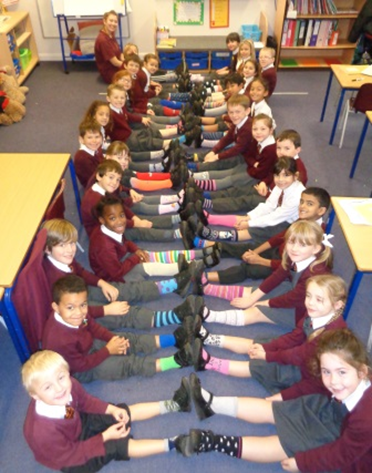
Social Media
Many of the sites such as Facebook, Instagram, Twitter and SnapChat have a minimum age limit of 13, so children from St Dunstan’s should not be using them. More information is available at (click the logo):
Anti-bullying
The school is committed to preventing and dealing with any incidents of bullying. As part of the RSHE curriculum children learn about what bullying is, the different forms of bullying as well as the effect it can have on the victim. The school takes the opportunity to reinforce this message annually during national Anti-Bullying week. A dedicated support team known as PALs (Pupil Advice Leaders) are available to offer support to children experiencing friendship problems. The school also has a trained ELSA (Emotional Literacy Support Assistant) who works with pupils 1:1 to develop their social skills. Full details of the school's approach to bullying, roles and responsibilities and how bullying is reported and responded to are outlined in the Anti-Bullying Policy which can be found in our 'School Policies' area of the website.
